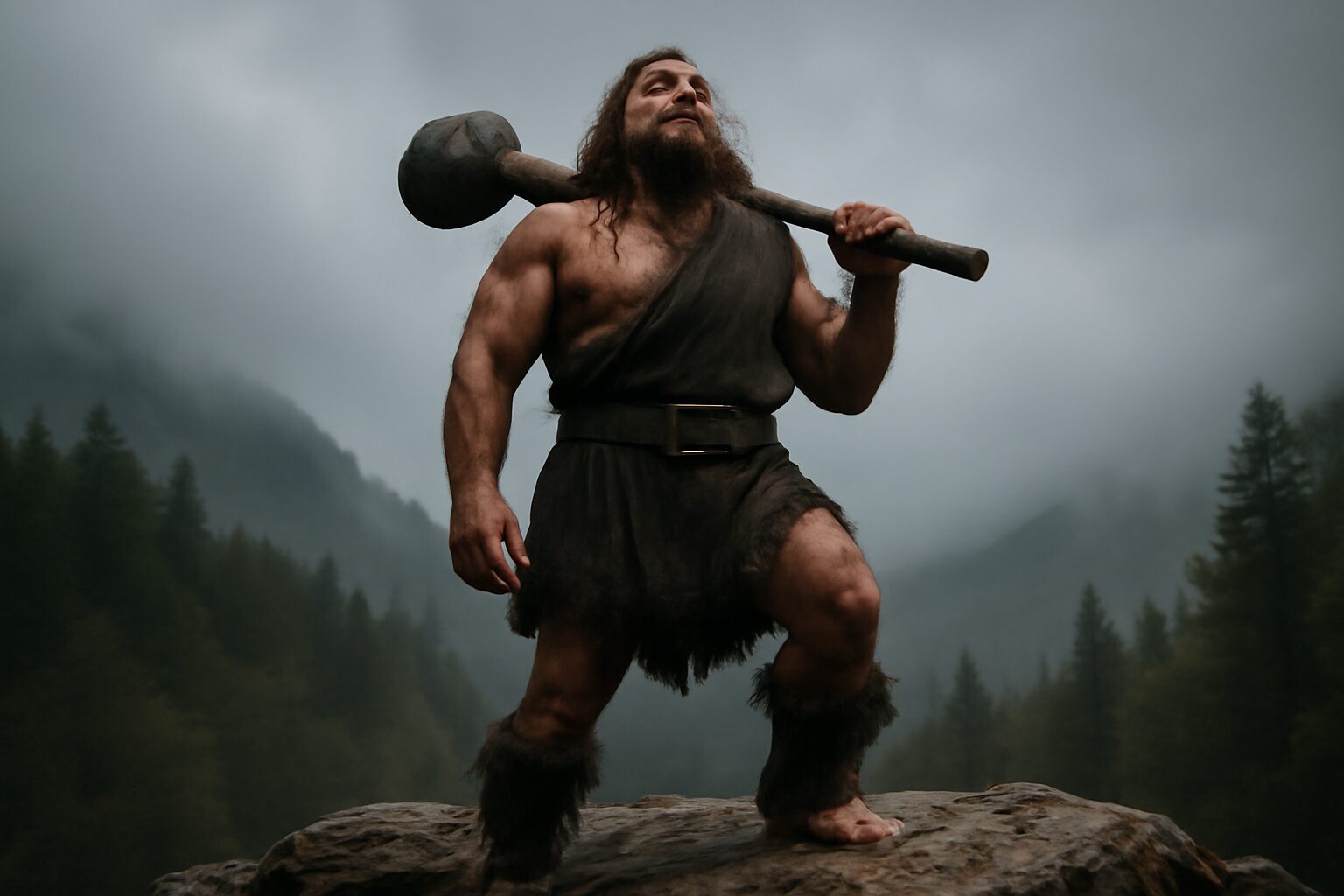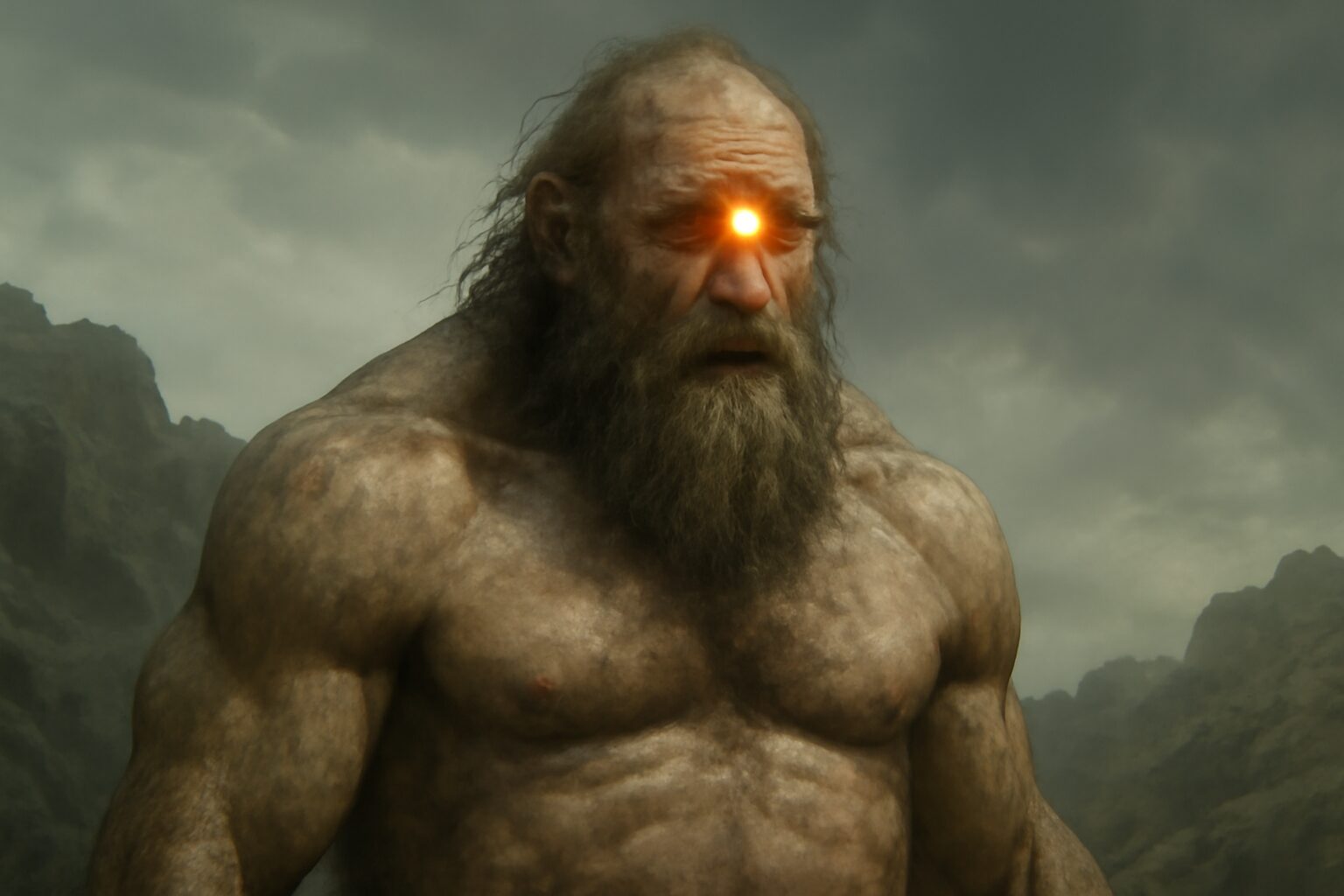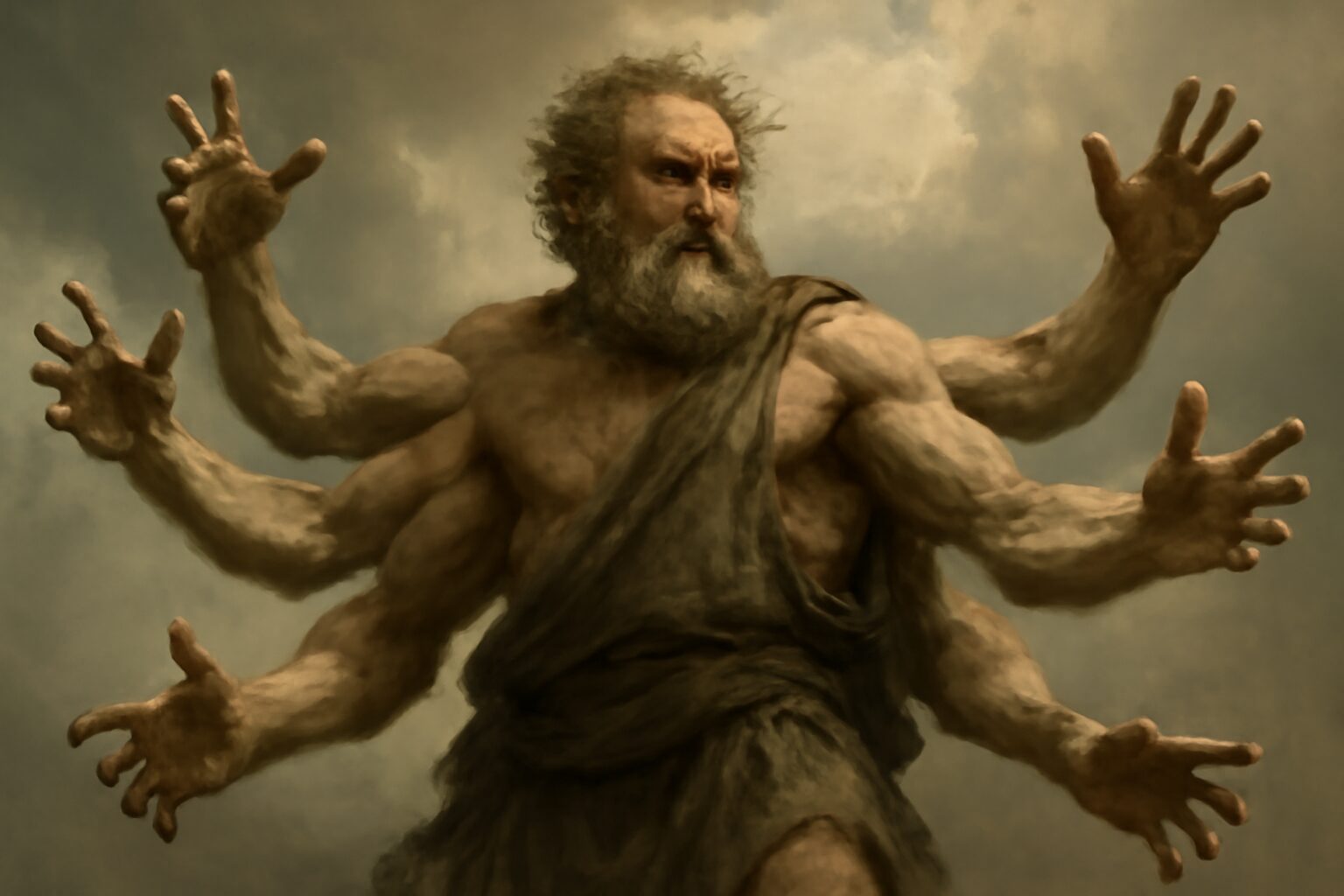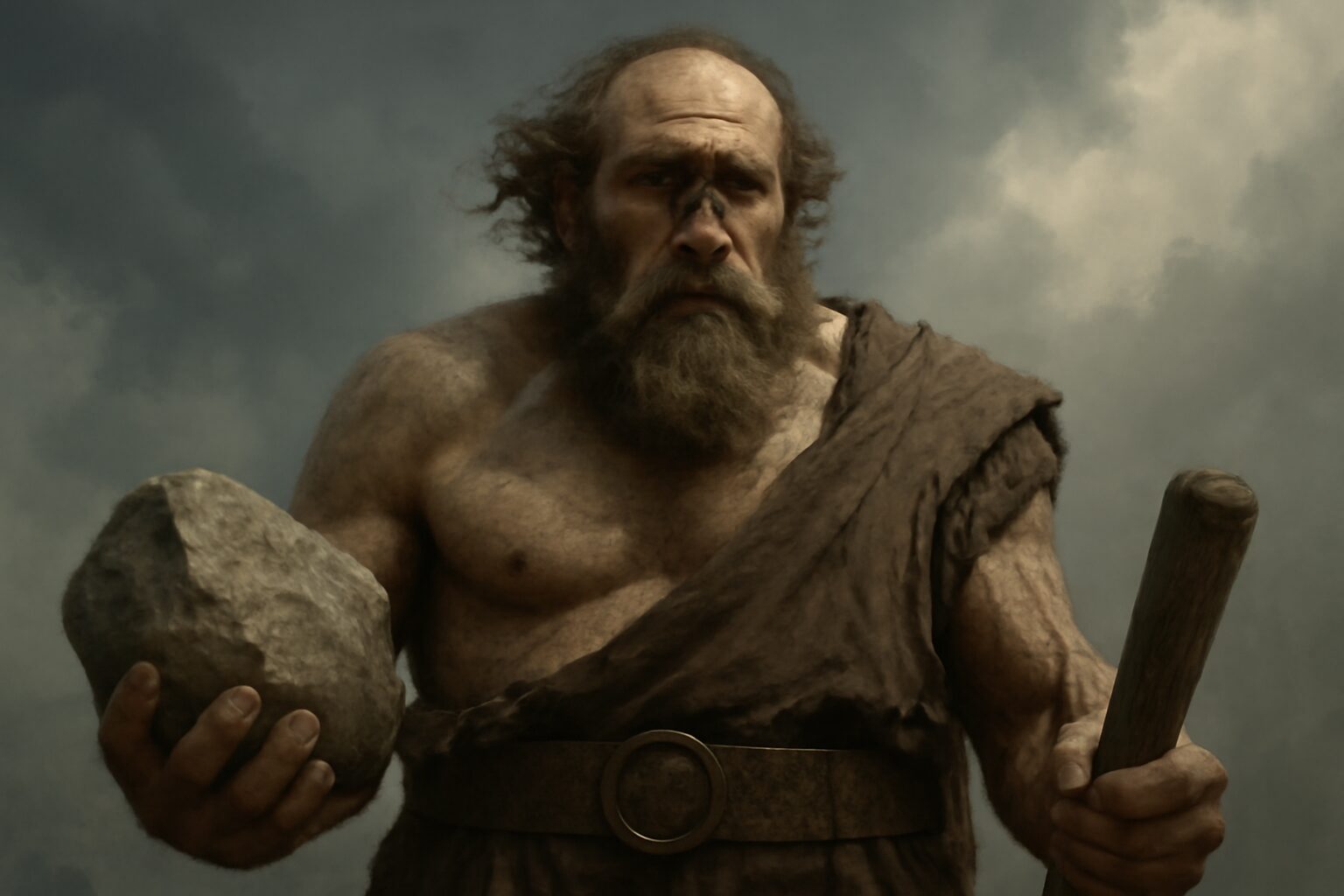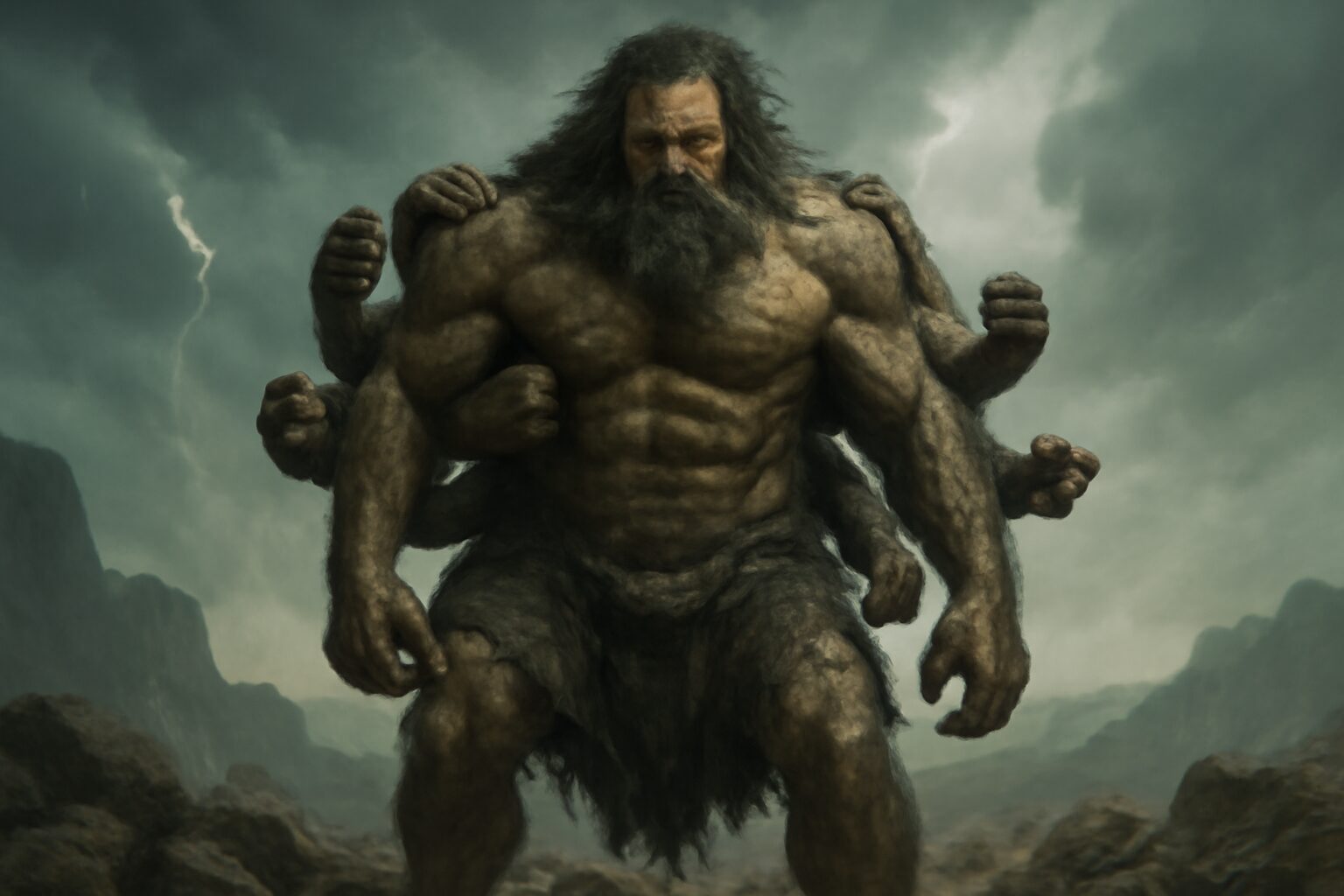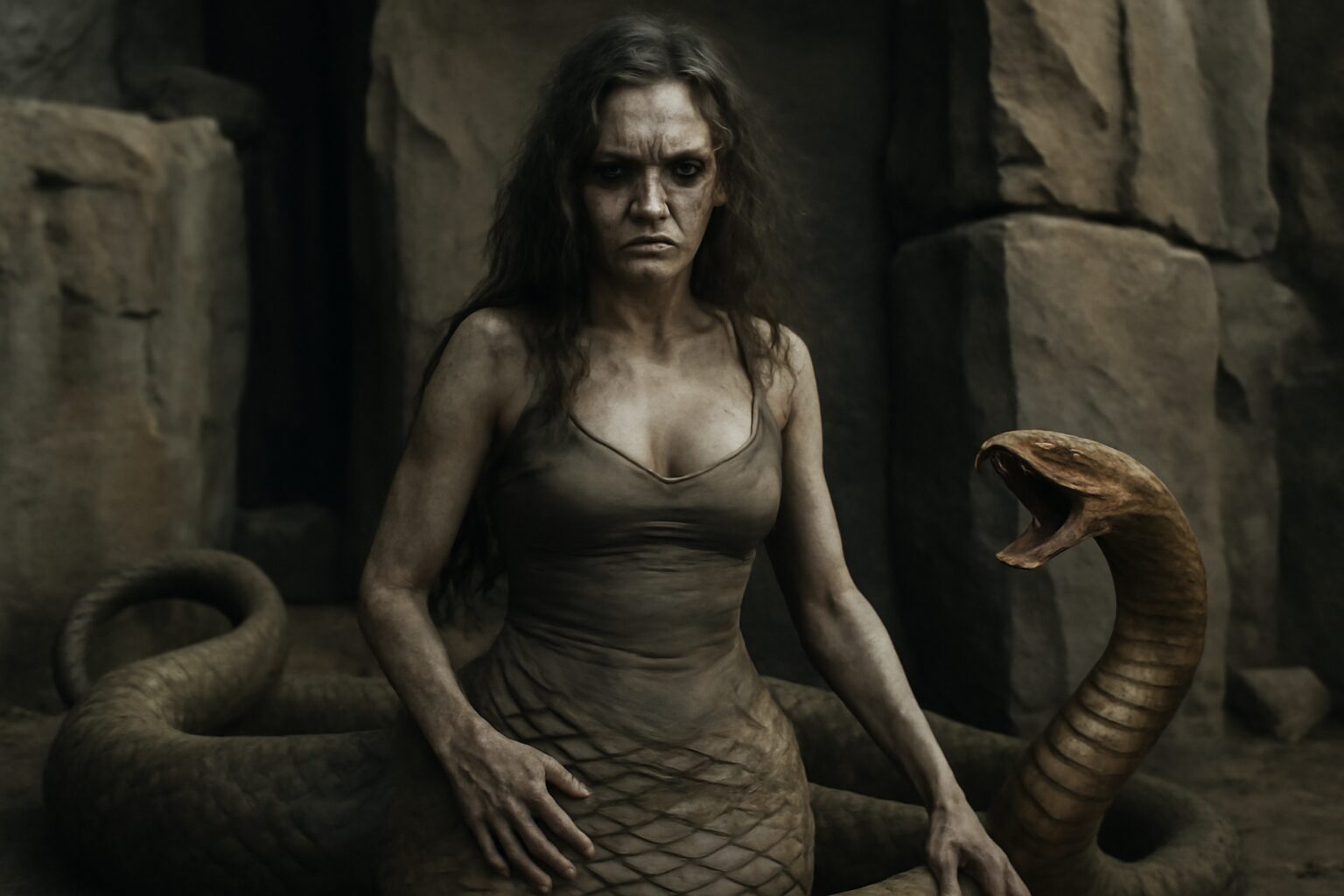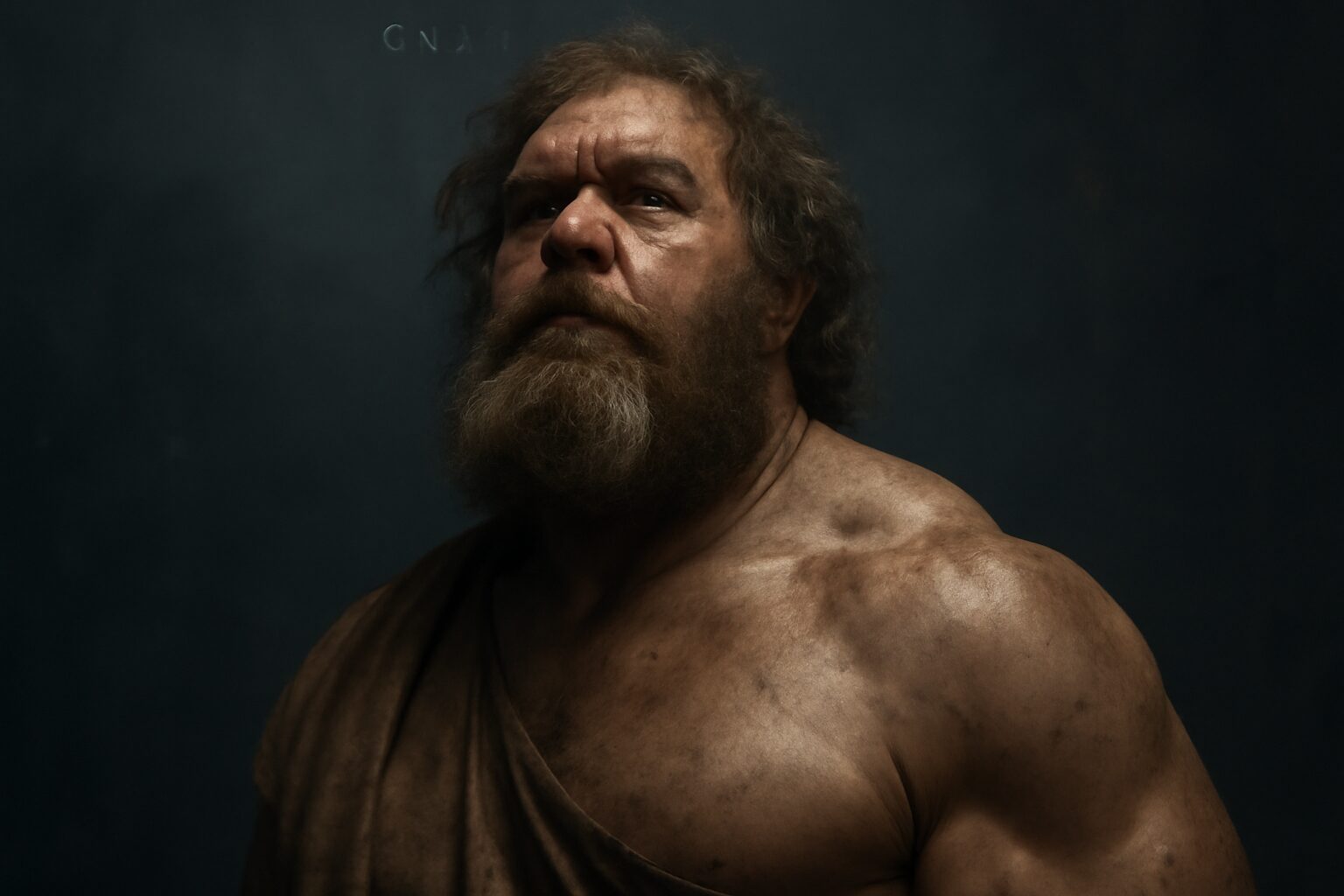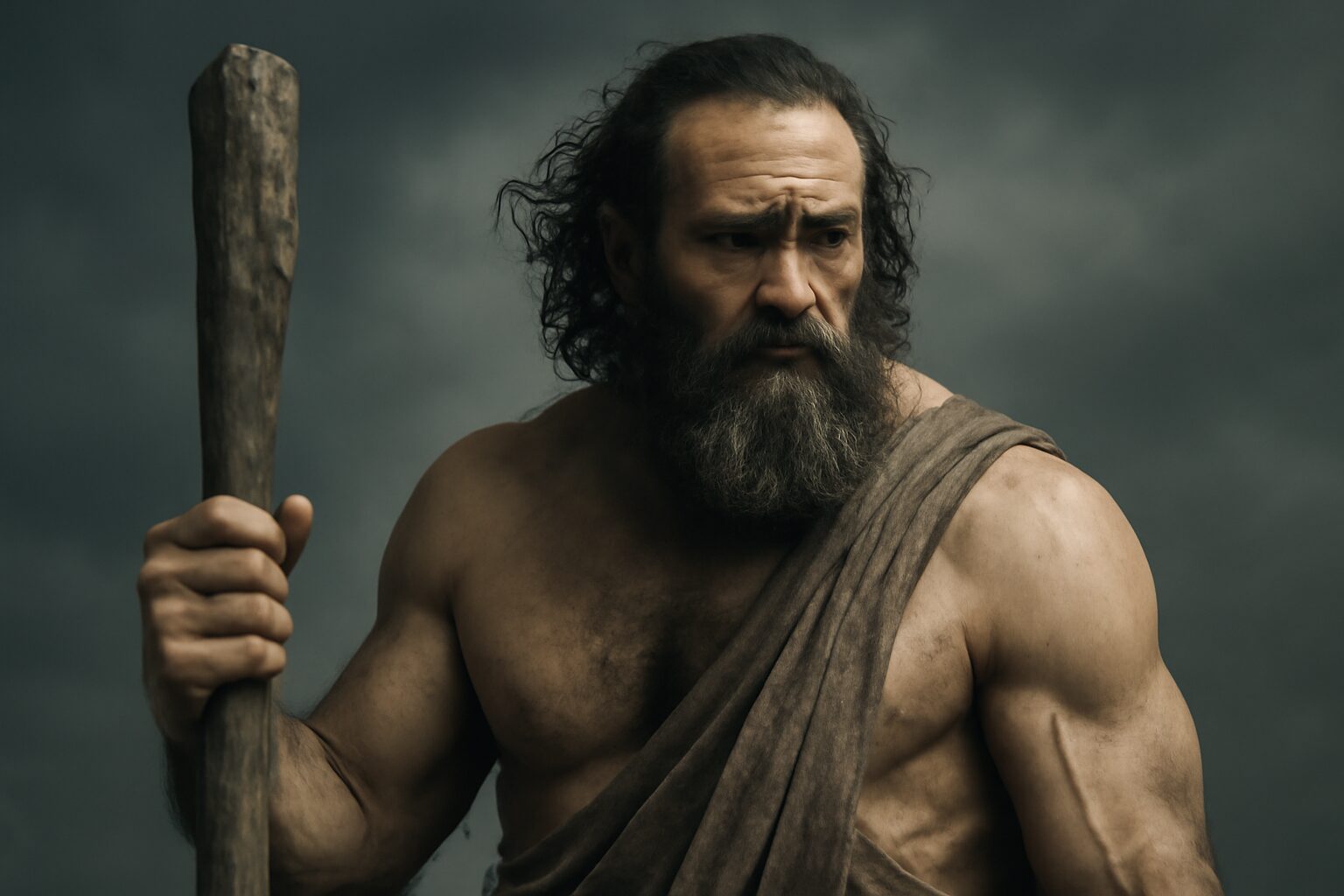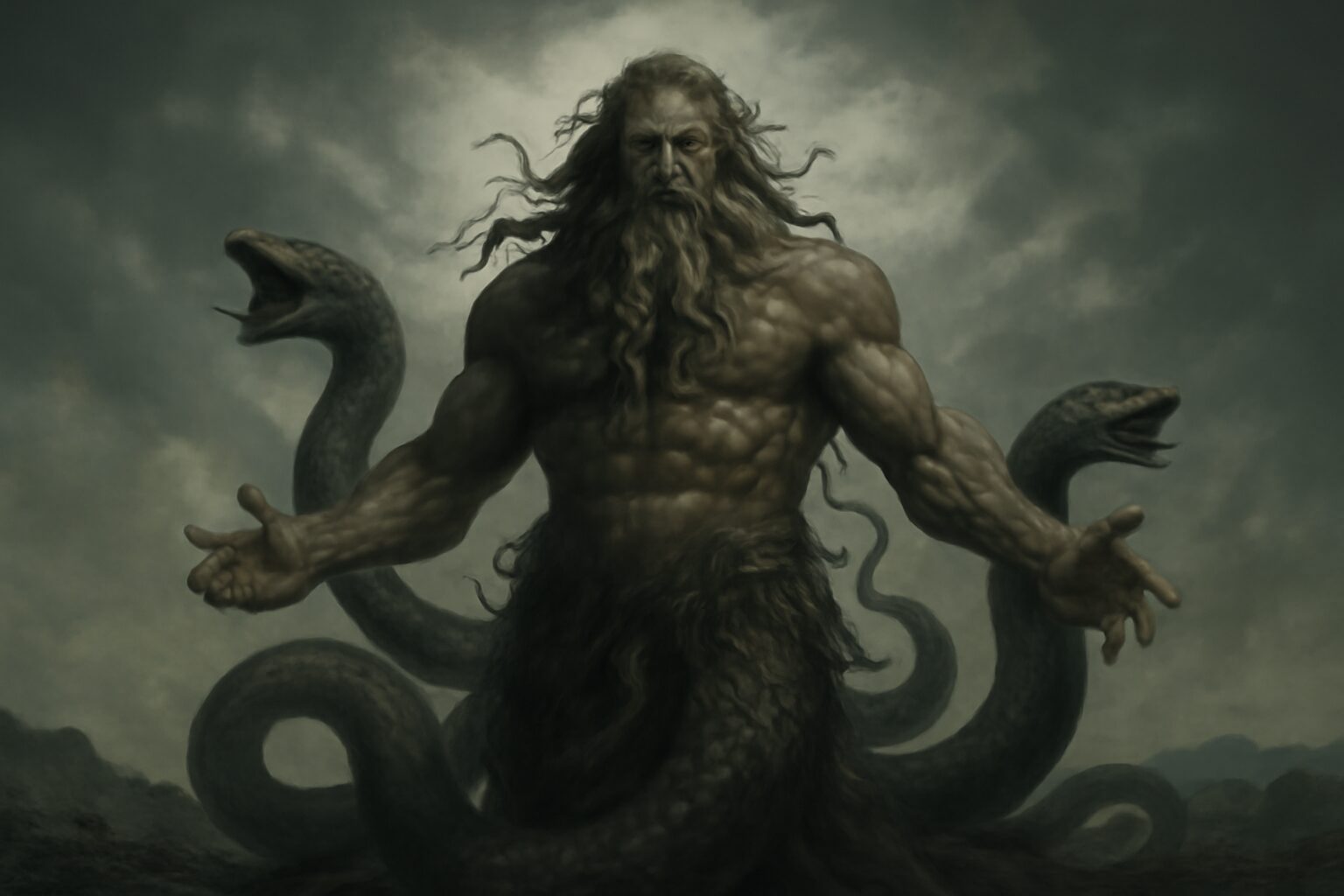Orion: The Mighty Hunter of the Stars
In Greek mythology, Orion was a legendary hunter of enormous strength and striking beauty, whose story is woven into the stars. Known for his prowess and tragic fate, Orion's tale is one of adventure, love, and divine retribution.
The Myth of Orion
Orion's origins vary in different versions of the myth. Some say he was the son of the sea god Poseidon and the Gorgon Euryale, granting him the ability to walk on water. Others claim he sprang from the earth itself, a gift from the gods. Regardless of his birth, Orion became renowned as the greatest hunter in the world, often accompanied by his loyal hunting dog, Sirius (represented by the brightest star in the night sky).
One famous myth tells of Orion's boast that he could kill every beast on Earth. This angered Gaia, the Earth goddess, who sent a giant scorpion to slay him. Though Orion fought valiantly, he was ultimately stung and killed. In honor of their epic battle, the gods placed both Orion and the scorpion in the heavens as constellations, forever chasing each other across the night sky.
Relationships and Tragic Love
Orion's life was marked by passionate relationships. He fell in love with Merope, daughter of King Oenopion, but was blinded by her father for his arrogance. His sight was later restored by the sun god Helios. Another tale speaks of his love for the goddess Artemis, the virgin huntress. Some versions say Artemis killed him accidentally, while others claim her brother Apollo, fearing their relationship, tricked her into shooting Orion with her arrows.
Orion's Legacy in the Stars
Today, Orion remains one of the most recognizable constellations, visible worldwide. His belt—three bright stars in a row—serves as a celestial landmark. The constellation contains some of astronomy's most fascinating objects, including the Orion Nebula, a stellar nursery where new stars are born.
In mythology, Orion represents both human ambition and its consequences. His story warns against hubris while celebrating the enduring human spirit. As the stars continue to tell his tale, Orion's legend lives on as a testament to the ancient Greeks' ability to find meaning—and cautionary tales—in the night sky.
Alternative Names for Orion
God Name: Orion (Roman)
The Romans adopted the Greek name 'Orion' directly into their mythology, maintaining the same spelling and pronunciation. Orion is a prominent figure in Roman mythology as a giant huntsman placed among the stars by Zeus.
God Name: Kandaon (Greek (Epithet))
An epithet for Orion in Greek mythology, possibly derived from the region of Boeotia. It is associated with his legendary strength and hunting prowess.
God Name: Oarion (Greek (Alternative Myth))
A variant spelling or alternative name found in some ancient Greek texts, possibly reflecting regional dialects or different mythological traditions.
God Name: Hyrkanos (Greek (Epithet))
An epithet sometimes linked to Orion, meaning 'the one from Hyria,' referencing his birthplace in Greek mythology. This name ties him to specific local legends.
Tales about Orion
Orion and Artemis: The Hunter's Fate
Orion, the mighty hunter, was a companion of the goddess Artemis, who admired his skill with the bow. They roamed the forests together, hunting beasts and sharing tales under the moonlit sky. However, Orion's boastful nature grew, and he claimed he could hunt every creature on Earth. This angered Gaia, the Earth goddess, who sent a giant scorpion to challenge him.
In the ensuing battle, Orion fought valiantly but was fatally stung. Artemis, grief-stricken by the loss of her friend, pleaded with Zeus to honor him. Moved by her sorrow, Zeus placed Orion among the stars, where he shines as a constellation, forever pursued by the scorpion (Scorpius) in the night sky—a reminder of pride and its consequences.
Orion and Poseidon: The Giant's Origins
Orion was said to be the son of Poseidon, the god of the sea, and Euryale, a Gorgon. Inheriting his father's power, Orion could walk on water, a gift he often used to traverse the seas in his hunts. His connection to Poseidon granted him immense strength and stature, making him a formidable figure feared by many.
Despite his divine lineage, Orion's arrogance led to conflicts, such as his attempt to assault Merope, which resulted in his blindness. He journeyed to the east to regain his sight, guided by the sound of a Cyclops' hammer—a quest showcasing both his resilience and the complex legacy of his sea-god father, Poseidon.
Frequently Asked Questions
Who is Orion in Greek mythology?
Orion was a giant huntsman in Greek mythology whom Zeus placed among the stars as the constellation of Orion. He was known for his hunting skills and was associated with the dawn goddess Eos. Some myths say he was killed by Artemis or a scorpion sent by Gaia.
What are the Gigantes in Greek mythology?
The Gigantes (or Giants) were a race of enormous and monstrous beings born from Gaia (Earth) and the blood of Uranus. They waged war against the Olympian gods in the Gigantomachy, a major battle symbolizing the struggle between order and chaos. They were often depicted with serpentine legs or multiple arms.
Why are the Gigantes important in Greek myths?
The Gigantes represent primal forces of nature and chaos that the Olympian gods had to defeat to establish cosmic order. Their battle, the Gigantomachy, was a key myth showing the gods' power and the triumph of civilization over wild, untamed forces.
How does the myth of Orion apply today?
Orion's story reflects themes of hubris, fate, and the relationship between humans and the divine. His constellation remains culturally significant in astronomy and navigation, showing how ancient myths still influence modern science and storytelling.
What do monstrous figures like the Gigantes teach us about Greek culture?
Monsters like the Gigantes symbolized the Greeks' fears of chaos, the unknown, and forces beyond human control. By depicting gods defeating these beings, myths reinforced cultural values of order, bravery, and the superiority of civilization over raw nature.

